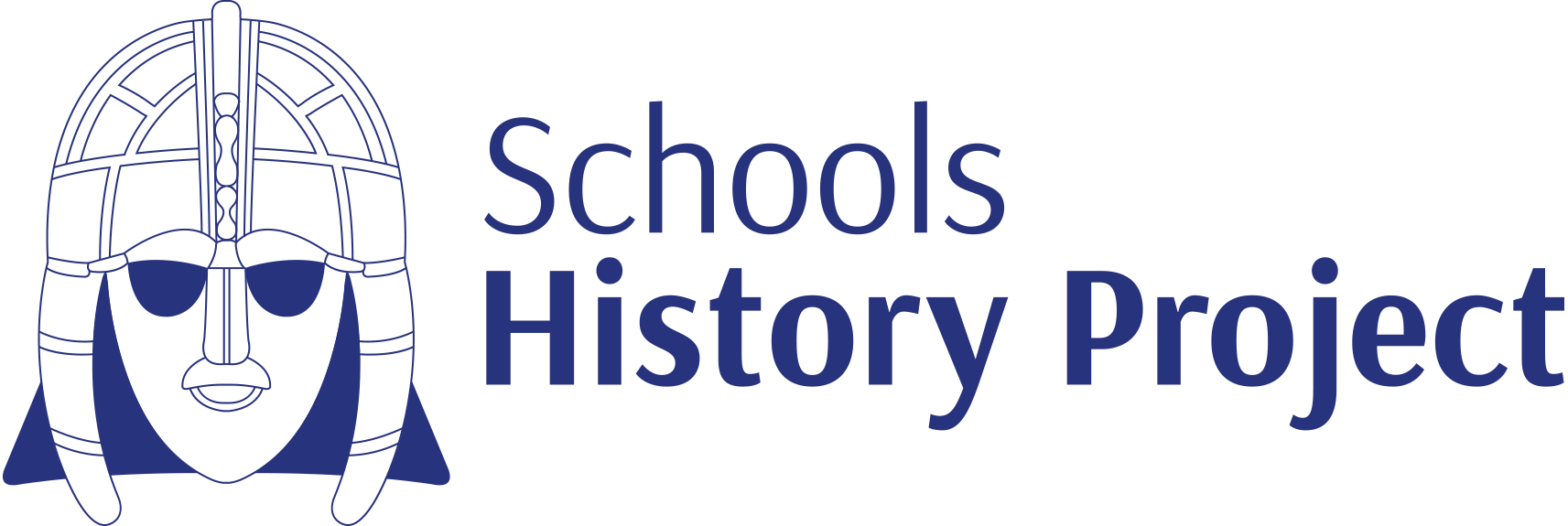Developing Chronological Understanding: A Brief Introduction
Teaching to develop chronological knowledge and understanding can appear both a vague and a complex task, much less straightforward than teaching about a historical individual, topic or period. So one aim of these brief notes, by Ian Dawson, is to be helpful and reassuring. Children will learn most effectively if their school has undertaken long-term planning of work on chronology across KS1 and K...
Read More »